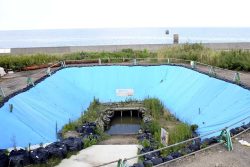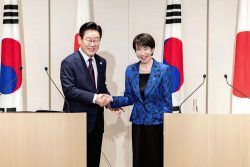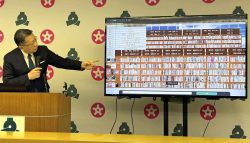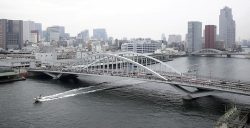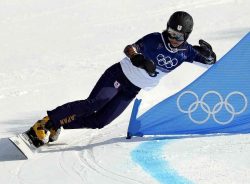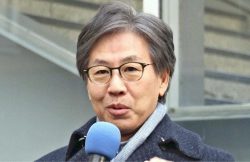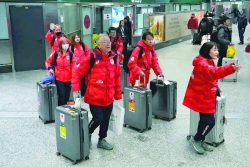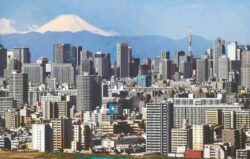Japan’s Nihon Hidankyo Wins Nobel Peace Prize; Hibakusha Group Campaigns against Nuclear Weapons (UPDATE 3)
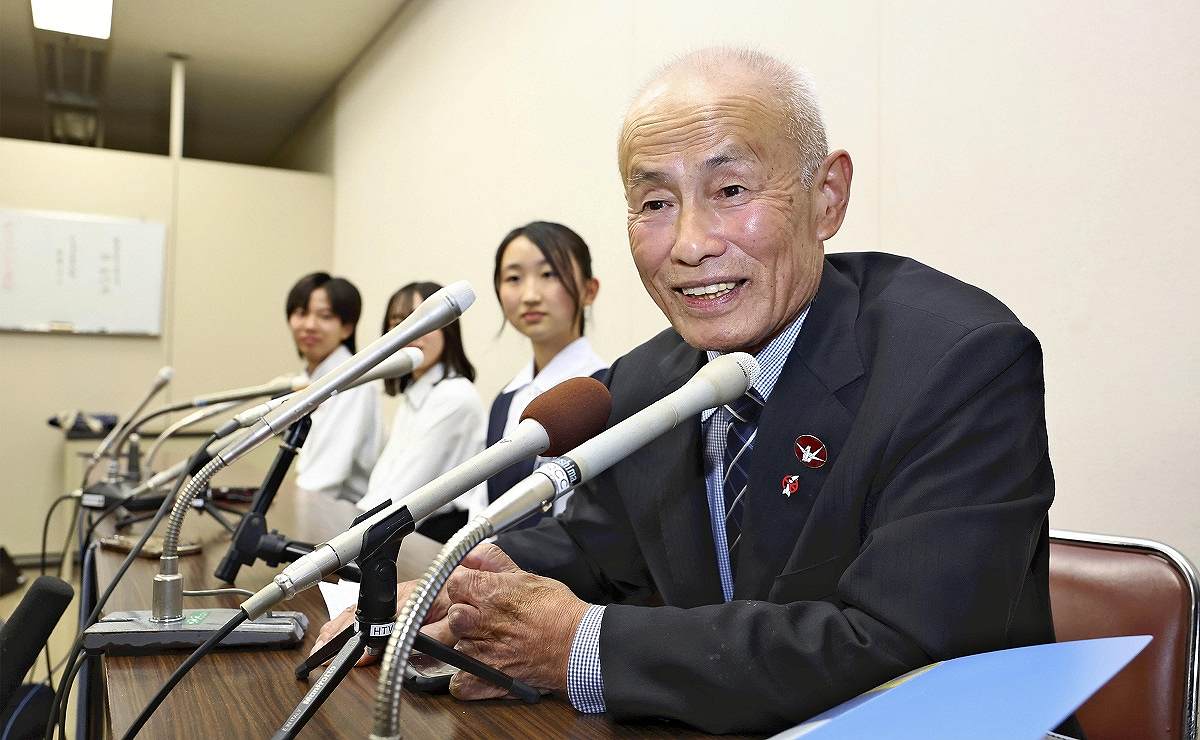
Toshiyuki Mimaki, right, cochairperson of the Nihon Hidankyo, speaks at a press conference in Hiroshima on Friday.
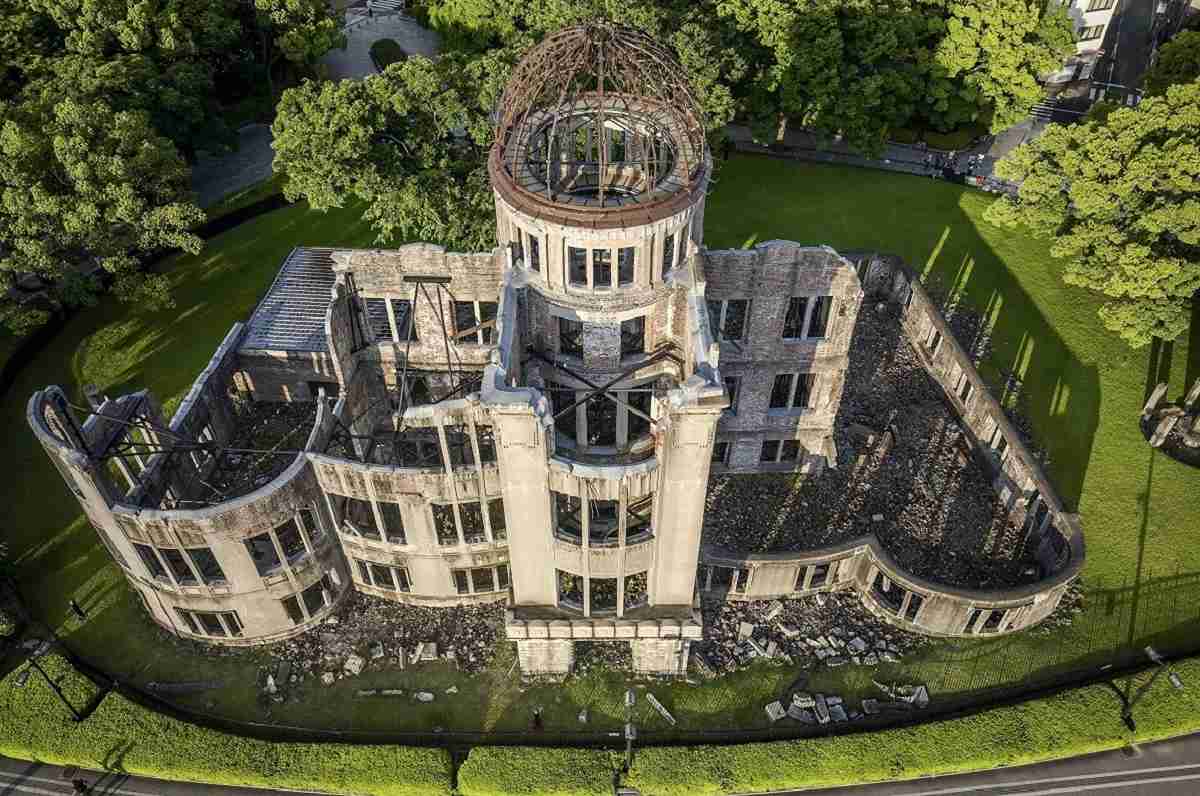
The Atomic Bomb in Hiroshima
18:09 JST, October 11, 2024
Nihon Hidankyo, or Japan Confederation of A- and H-Bomb Sufferers Organizations, has won the 2024 Nobel Peace Prize for its efforts to eradicate nuclear weapons, the Norwegian Nobel Committee announced Friday.
The group is the second peace prize winner from Japan after former Prime Minister Eisaku Sato, who won in 1974 for proposing Japan’s three nonnuclear principles.
“This grassroots movement of atomic bomb survivors from Hiroshima and Nagasaki, also known as Hibakusha, is receiving the Peace Prize for its efforts to achieve a world free of nuclear weapons and for demonstrating through witness testimony that nuclear weapons must never be used again,” the Norwegian Nobel Committee said.
Following the announcement of the Nobel Peace Prize, Toshiyuki Mimaki, cochairperson of Hidankyo, said at a press conference in Hiroshima, “We had never thought of this [winning the Nobel Peace Prize].” Mimaki added, “Japan and the United States should sign the Treaty on the Prohibition of Nuclear Weapons together.”
“We have to create a world without war and without nuclear weapons,” he also said.
Prime Minister Shigeru Ishiba, in Vientiane to attend meetings related to the Association of Southeast Asian Nations, said at a press conference on Friday, “It is extremely significant that the group, which has worked to eradicate nuclear weapons for many years, has been awarded the Nobel Peace Prize.”
Hidankyo was formed mainly by hibakusha in 1956 — 11 years after atomic bombs were dropped on Hiroshima and Nagasaki.
The group has been calling for the abolition of nuclear weapons and the expansion of legal support for hibakusha, sharing their firsthand accounts and collecting signatures on petitions for related activities in Japan and abroad. In recent years, children of hibakusha and others have also joined the group to continue its activities.
Spreading their message from Japan — the only atomic-bombed nation — the group has for many years been conveying to the world the horrific experience of the nuclear bombings and has appealed for the realization of a world without nuclear weapons.
“Nihon Hidankyo has provided thousands of witness accounts, issued resolutions and public appeals, and sent annual delegations to the United Nations and a variety of peace conferences to remind the world of the pressing need for nuclear disarmament,” the committee said.
It also pointed out the uniqueness of the testimony of the hibakusha.
“These historical witnesses have helped to generate and consolidate widespread opposition to nuclear weapons around the world by drawing on personal stories, creating educational campaigns based on their own experience, and issuing urgent warnings against the spread and use of nuclear weapons,” the committee said.
The group has been cooperating with a signature campaign by the International Campaign to Abolish Nuclear Weapons, or ICAN, which won the Nobel Peace Prize in 2017 after the Treaty on the Prohibition of Nuclear Weapons was adopted at the U.N. headquarters in July 2017.
“The Norwegian Nobel Committee wishes … to acknowledge one encouraging fact: No nuclear weapon has been used in war in nearly 80 years. The extraordinary efforts of Nihon Hidankyo and other representatives of the Hibakusha have contributed greatly to the establishment of the nuclear taboo,” the committee said. “It is therefore alarming that today this taboo against the use of nuclear weapons is under pressure.”
Russia, which continues its aggression against Ukraine, has repeatedly made nuclear threats. The New Strategic Arms Reduction Treaty, a nuclear disarmament treaty between the United States and Russia, is scheduled to expire in 2026, but there has been little progress made in negotiations for a new framework to replace it.
China, meanwhile, has accelerated development of its nuclear arsenal to compete with the United States. The Nobel Committee’s decision to award the Peace Prize to Hidankyo, following ICAN in 2017, is believed to be aimed at sounding a warning against moves that could lead to the use of the nuclear weapons.
Following the U.S. atomic bombings of Hiroshima and Nagasaki in August 1945, a total of about 210,000 people were estimated to have died by the end of that year due to the intense heat, the blast impact, fires and radiation.
“One day, the Hibakusha will no longer be among us as witnesses to history. But with a strong culture of remembrance and continued commitment, new generations in Japan are carrying forward the experience and the message of the witnesses,” the committee said.
Hidankyo becomes Japan’s 29th Nobel laureate overall, including some Japanese-born U.S. citizens. Its most recent predecessor is Syukuro Manabe of Princeton University, who won the Nobel Prize in Physics in 2021.
The prize of 11 million Swedish kronor (¥158 million) will be given to the group.
The award ceremony will be held in Oslo on Dec. 10, the anniversary of Nobel Prize founder Alfred Nobel’s death.
The ceremonies for other Nobel prizes — in physiology or medicine, physics, chemistry, literature and economic sciences — will be held in Stockholm.
Top Articles in Society
-

Man Infected with Measles May Have Come in Contact with Many People in Tokyo, Went to Store, Restaurant Around When Symptoms Emerged
-

Australian Woman Dies After Mishap on Ski Lift in Nagano Prefecture
-

Foreign Snowboarder in Serious Condition After Hanging in Midair from Chairlift in Nagano Prefecture
-

Record-Breaking Snow Cripples Public Transport in Hokkaido; 7,000 People Stay Overnight at New Chitose Airport
-

Train Services in Tokyo Resume Following Power Outage That Suspended Yamanote, Keihin-Tohoku Lines (Update 4)
JN ACCESS RANKING
-

Japan Institute to Use Domestic Commercial Optical Lattice Clock to Set Japan Standard Time
-

China Eyes Rare Earth Foothold in Malaysia to Maintain Dominance, Counter Japan, U.S.
-

Man Infected with Measles May Have Come in Contact with Many People in Tokyo, Went to Store, Restaurant Around When Symptoms Emerged
-

Japan, Qatar Ministers Agree on Need for Stable Energy Supplies; Motegi, Qatari Prime Minister Al-Thani Affirm Commitment to Cooperation
-

Australian Woman Dies After Mishap on Ski Lift in Nagano Prefecture


